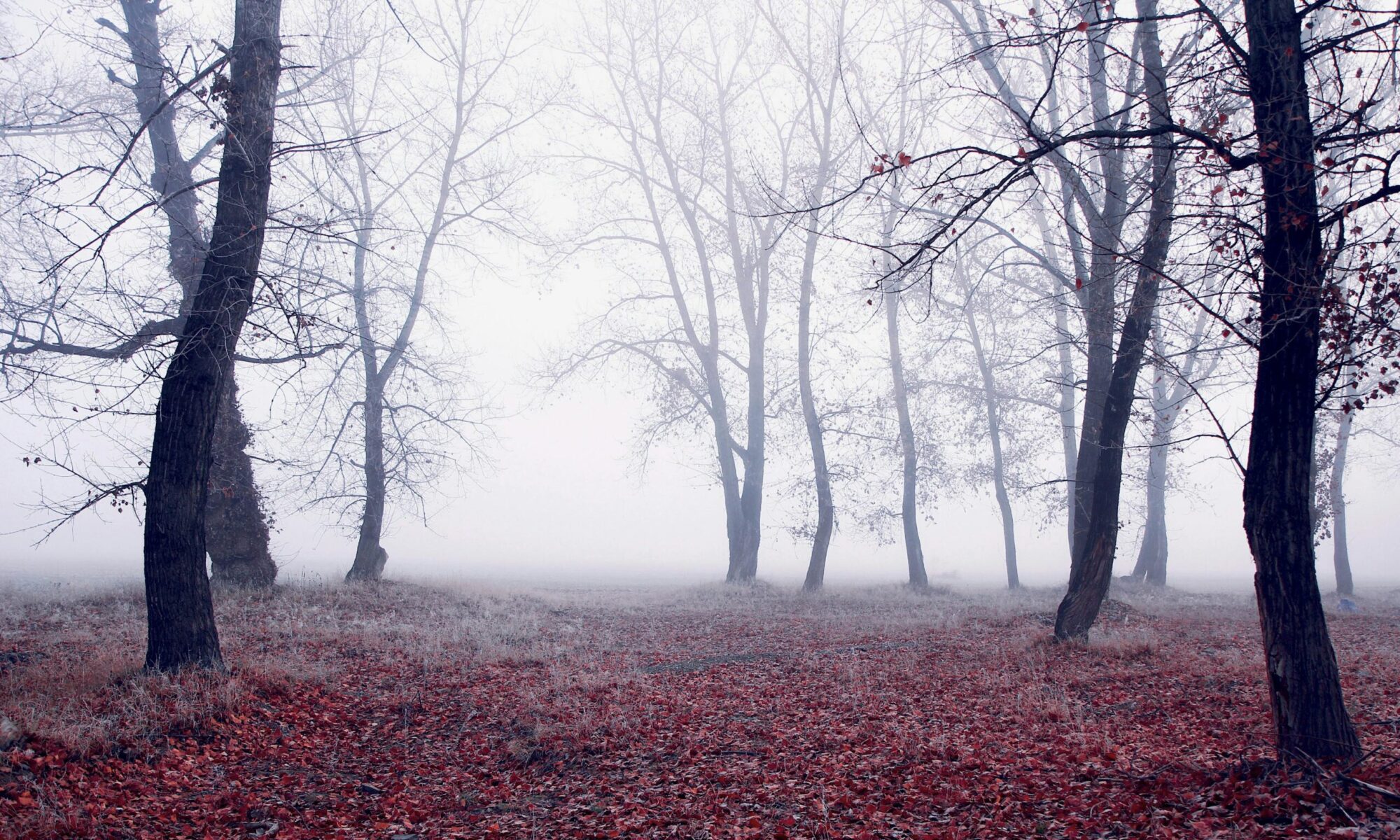In 1971, the era of the grand epics were over. The last great epic leading up to this year was 1965’s Doctor Zhivago. Every once in awhile, an epic will come along trying to repeat the glory of the past. 1971’s Nicholas and Alexandria is an example of that. Does this movie succeed in returning to it’s former glory? Not quite….but I very much enjoyed this movie, more so than many people it seems. The film has its issues which I’ll explain momentarily, but this was a valuable history lesson to those who know little about the Russian Revolution or Czar Nicholas II-the last Czar in Russian history.
This movie tells the story, the tragic story of Czar Nicholas II (Michael Jayston) set against the backdrop of the Russian Revolution. This movie goes inside the private life of Nicholas and his wife, Alexandria (Janet Suzman) as well as their daughters and only son. Their son spends most of his childhood crippled with sickness, so the family hire the mysterious Rasputin (Tom Baker) for help in curing him. On the political side of things, Nicholas is very unpopular and is the root cause of seven million deaths because of their involvement in World War I and domestic problems such as starvation. All of these problems has Nick and his family paying the ultimate consequence.
This is the second of two movies to have the Russian Revolution as the backdrop. The first film was the big musical hit, Fiddler on the Roof. That movie occurred pre-Revolution. But this film focuses on the causes of the Revolution and the immediate aftermath. Or so it’s supposed to. My biggest problem with the film is that it treats the Revolution itself as an afterthought. There are cameos by very important characters such as Lenin, Trotsky, and Stalin-but they hardly had any effect on the film. I wanted to know more about the Revolution itself and how Lenin took over Russia. I can’t be too upset because this film is about the life of Nicholas after all. I wish I wasn’t tantalized with the scenes of Lenin however.
I divided up this epic into two sections. The first section is what I find to be the more glorified, beautiful part of the film. Many epics rely on vast landscapes, but this epic does something a little different. It relies upon vast interior decoration designed to take your breath away. The Russian architecture, especially on the inside is certainly something to behold. The art direction and the production design certainly are incredible in this film. The first part mainly tells us how life is like for Czar and his family despite all the war and suffering going around them. The second half is a different kind of story. It’s a sad, painful story that shows how life of the Czar fell apart after the Revolution which culminated in a very sad, but brilliantly-made ending scene showing the execution of Czar Nick and his entire family. Of course as a student of history I knew what happened, but that scene had tears coming from my eyes. Nicholas was not an innocent man, but he tried his best with what he got-but he couldn’t get any better.
This film was brilliantly-acted. That impresses me because the two lead actors (Michael Jayston and Janet Suzman) never worked in film prior to this film. They were seasoned British stage actors but they made the transition to film really well. If you can get used to Jayston’s overreacting facial expressions, you probably will appreciate what he brought to the role as the czar. A man who had a good soul, but is largely blamed for the death of millions. Suzman does an incredible job as his wife, Alexandria who had a role in why Russia was in such bad shape. She sometimes controlled her husband to the point where it seemed like he was a puppet. They had great chemistry with each other, so I was impressed what they did with this film. Tom Baker gives a good performance as the mysterious Rasputin. There is one thing that bothered me about this character. There is a scene where all of the sudden he becomes a homosexual. I’m not sure if history supports that notion, but the way the film showed it out of the blue kind of bothered me. The supporting cast all do well in their roles. Any movie that features Jack Hawkins, Laurence Olivier, Ian Holm, and Brian Cox in the same cast is a good one by my book.
Nicholas and Alexandra is quite a fascinating epic. The first half is a movie about style, about grandeur during a time where peasant living conditions were terrible. The second half of the movie is a haunting story of the Czar’s downfall. I loved the production design and the film was given an authentic feeling. It must be nice being so rich like the Czar was. The second-half is my favorite section of the film and that final scene is a powerful, very emotionally-driven scene. The story itself was good, but it could have been much better if the actual Revolution was not used as an afterthought. But given this movie seems to be the only one in existence about Czar Nicholas II and his final days, I am very satisfied with this film. Maybe my grade is high because of the powerful last few minutes, but there is no denying this is a good epic that came out in an era where these kind of movies were seen as dead.
My Grade: A-

